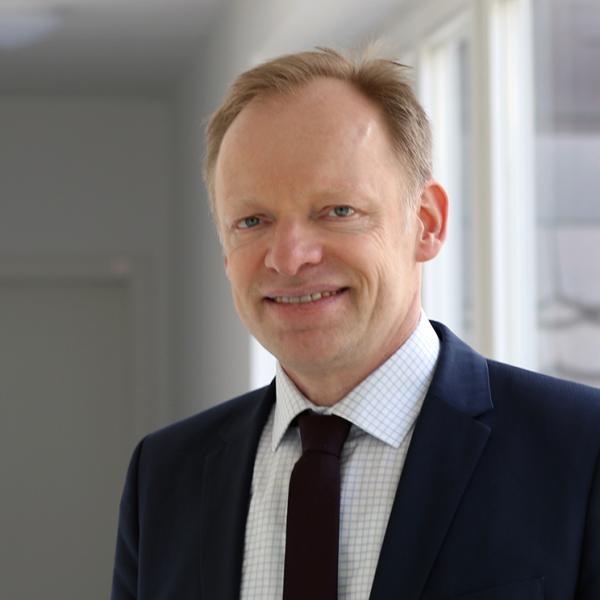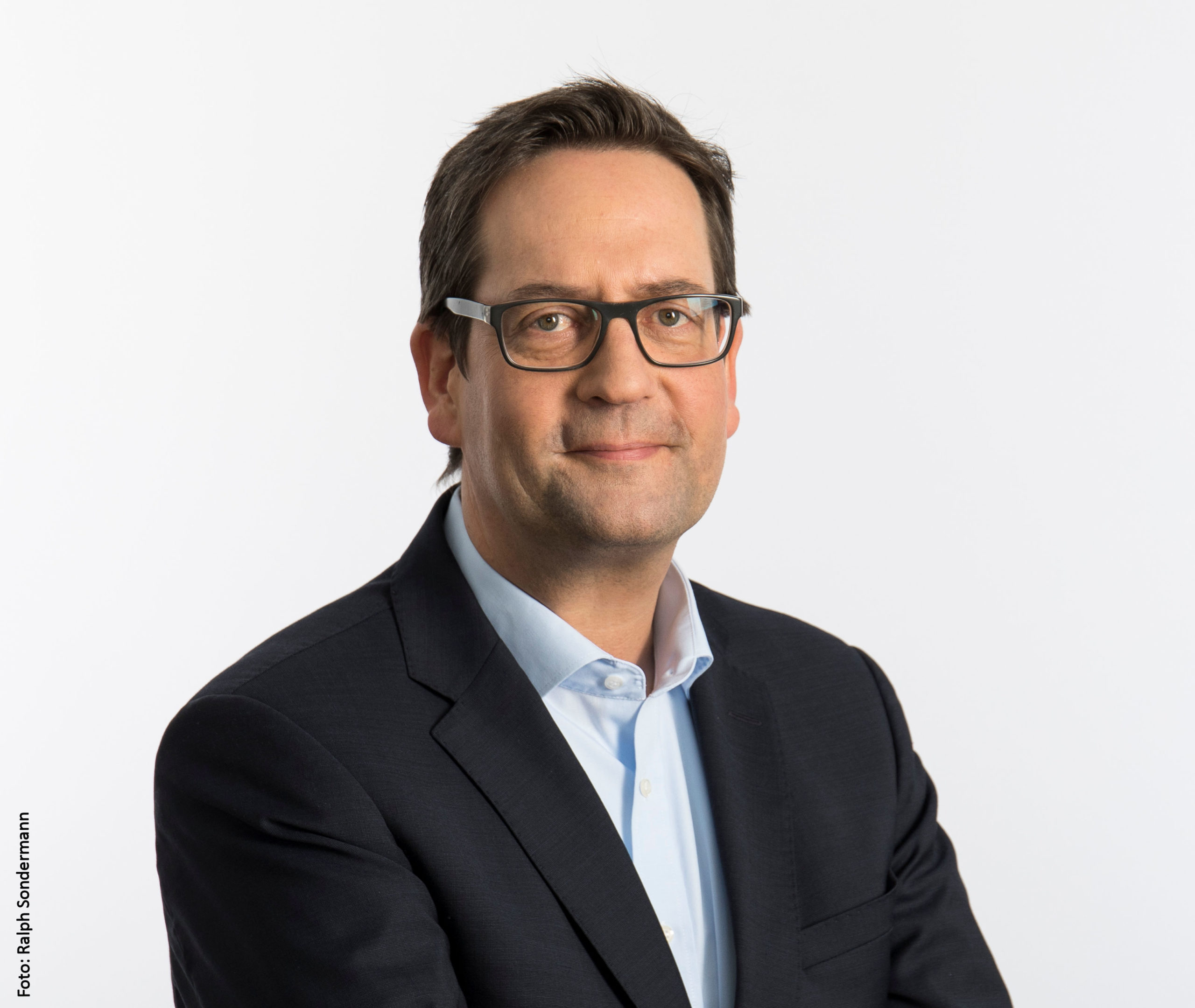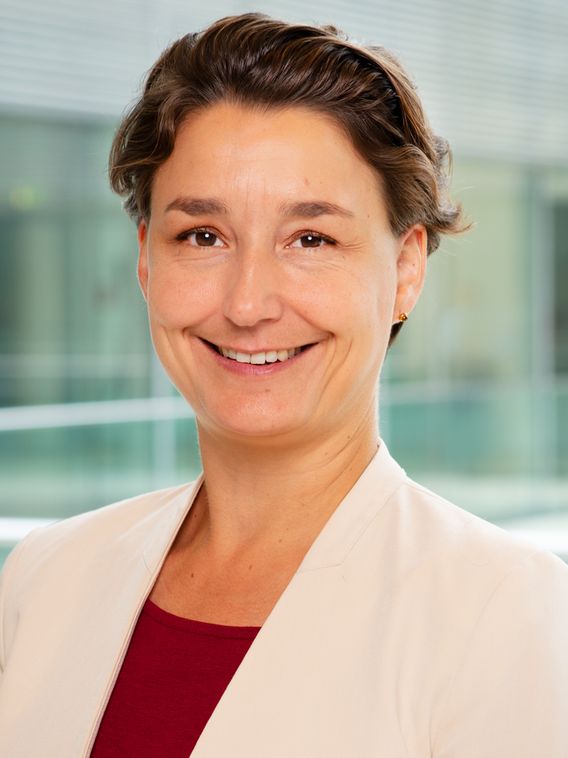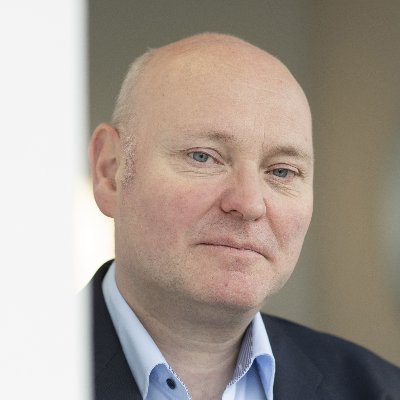Super depreciation - A recipe against the approaching recession?
22/March/2022
5 pm
PLACE
Zoom
LANGUAGE
German
The war in Ukraine is fueling fears of recession. Would now be the time for the super-depreciations included as an investment premium for “climate protection and digital assets” in the traffic light coalition agreement and have been postponed in the meantime? What effects does the government expect from the bonus? What is the argument for focusing the measure on digital and climate? When would be the right macroeconomic time for such write-offs? And: Is the foreseeable dampening of the economy due to the Ukraine war a reason to accelerate the concession for investments?
About all this discussed Clemens Fuest (ifo), Markus Herbrand (FDP), Sandra Detzer (Bündnis 90/ Die Grünen) and Achim Truger (University Duisburg-Essen) in our last Short Cut.

Clemens Fuest
Clemens Fuest has been President of the Ifo Institute since April 2016. He was Chairman of the Scientific Advisory Board at the Federal Ministry of Finance from 2007 to 2010 and President of the Centre for European Economic Research (ZEW) in Mannheim from 2013 to 2016. Fuest is Professor of Economics at LMU Munich and increasingly focuses on current issues relating to economic, fiscal and financial policy.

Markus Herbrand
Markus Herbrand has been a member of the German Bundestag since 2017 and is the financial policy spokesman for the FDP parliamentary group. Herbrand holds a degree in finance (FH) and is a tax consultant. His work in the areas of economic, financial and tax policy focuses in particular on reforming the tax system and reducing bureaucracy.

Sandra Detzer
Sandra Detzer is a political scientist and a member of the Bundestag of the Bündnis 90/ Die Grünen party and of the Finance and Economics Committee. Previously, she was a budget policy officer for the Bündnis90/Die Grünen parliamentary group and parliamentary advisor for finance and economics from 2011 to 2016.

Achim Truger
Achim Truger has been a member of the German Council of Economic Experts since March 2019. He is a professor of socio-economics, with a focus on government activity and public finances, at the University of Duisburg-Essen. Previously, he was, among other things, head of the "Tax and Fiscal Policy" department at the Hans Böckler Foundation in Düsseldorf.
